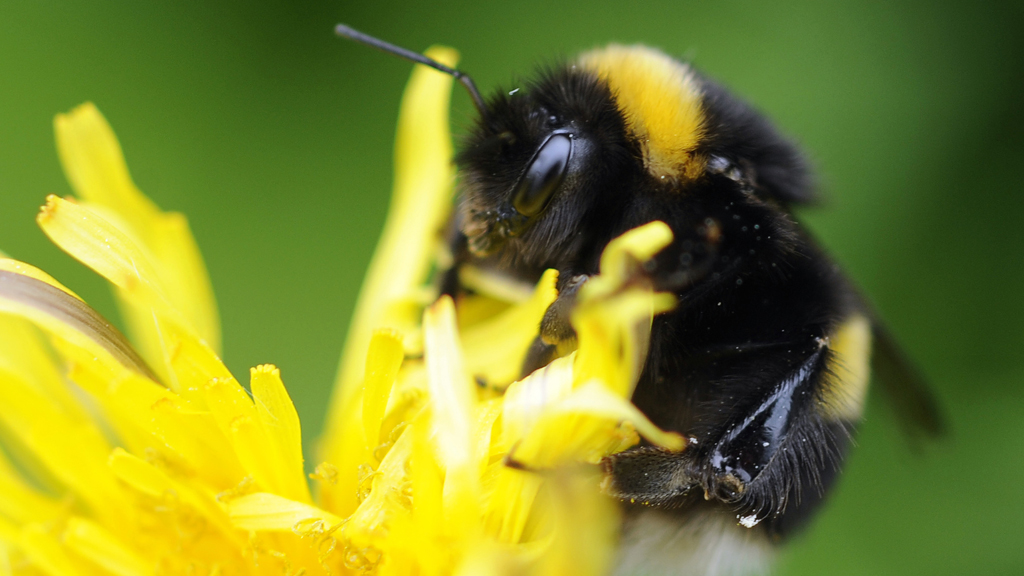Bee decline: worse than we thought?
A third of honey bee colonies did not survive the winter, a new survey reveals. Is the decline of bees accelerating?

The level of bee colony losses across England has more than doubled since 2012, the British Beekeepers Association (BBKA) said – from 16 per cent last year to 34 per cent in 2013.
It is the worst set of results since the BBKA started its annual survey of members to see how honey bee colonies were faring over winter six years ago.
The decline of bees isn’t new – earlier this year, the European Union voted to ban certain pesticides because it was so concerned about the fate of the insect – but the latest statistics paint a particularly stark picture.
And it’s not just about the honey. The buzz over bees comes from their economic importance to the European and world economies. Bees, through pollination of crops such as rapeseed (pictured, above), are estimated to contribute 22bn euros to the European economy annually.
Read more: Britain's best-loved species in terminal decline?
Experts said the latest results reflect poor weather last summer, which frequently prevented honey bees from foraging and gathering pollen, and also reduced the amount of food available from flowering plants, as nectar production is temperature dependent.
As a result there was inadequate nutrition for bees, especially during late summer when the specialised bees which take the colony through winter are born. The poor weather also hit mating for new queen bees, causing their colonies to die out.
South west worst hit
Beekeepers in the south west were worst hit, with more than half (53 per cent) of colonies lost, while all areas of England saw significantly higher losses than last year, the survey showed.
The situation may have worsened since the survey was completed at the end of March, as bees have continued to face bad weather and the late arrival of spring.
David Aston, chairman of the BBKA, said: “Those honey bee colonies which have survived the winter and are now prospering have done so in the main due to the careful nurturing through the winter by beekeepers who have spent much time and effort feeding and carrying out frequent checks on hives, incurring significant additional expense meeting the need to continually feed their bees.
“The training and education of beekeepers to be able to adapt their beekeeping practices to help their honey bees cope with this period of changing weather patterns is a high priority for all beekeeping associations.”
Honey bee colonies which are suffering from poor nutrition become more vulnerable to disease and other stress factors. If colonies are smaller as a result of the poor summer, they can also find it harder to survive the winter as they cluster together in cold weather and can starve if the smaller cluster is not close to food stores within the hive.
Friends of the Earth’s Head of Campaigns Andrew Pendleton said the survey’s findings were “very bad news”.
“Ministers must take urgent steps to monitor and safeguard all our bees, not just honey bees, and reduce the other threats they face such as pesticide-use and habitat loss,” he said. “Our call for a bee action plan is supported by hundreds of MPs, businesses such as the Co-op and B&Q, and thousands of individuals – it’s time for the government to act.”
The decline of bees also fits in with a wider shift in the populations of animals and plants across the natural world, as Channel 4 News examined in its Green and pleasant land? series earlier this year.
From hedgehogs to butterflies, many of the UK’s most iconic species are in decline – and as yet, it remains unclear both why this is happening and what, if anything, can be done to stop it.
